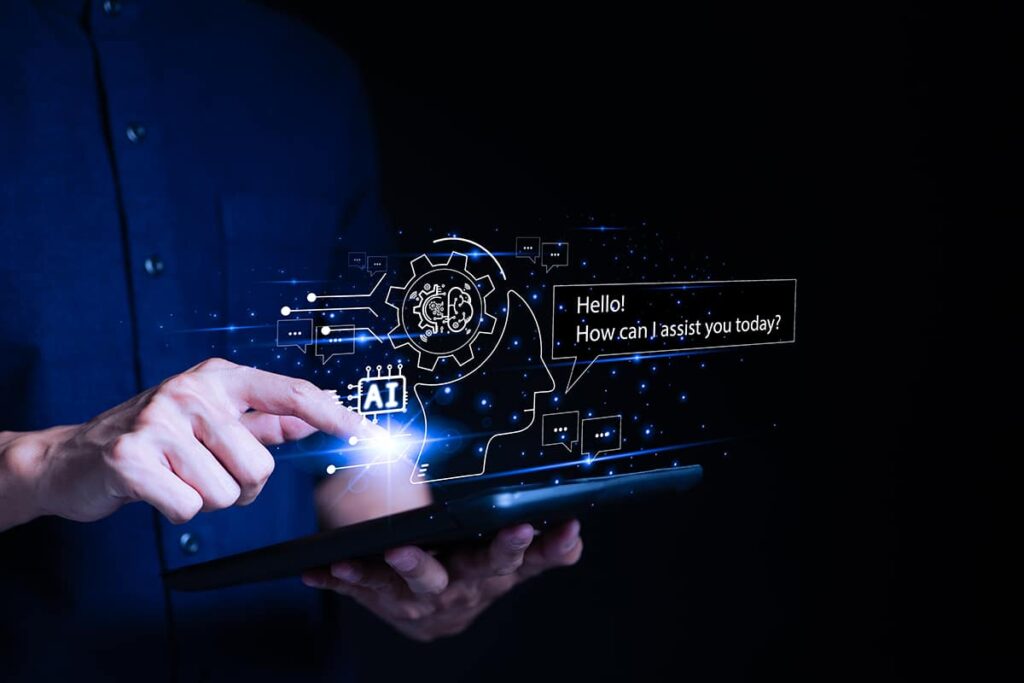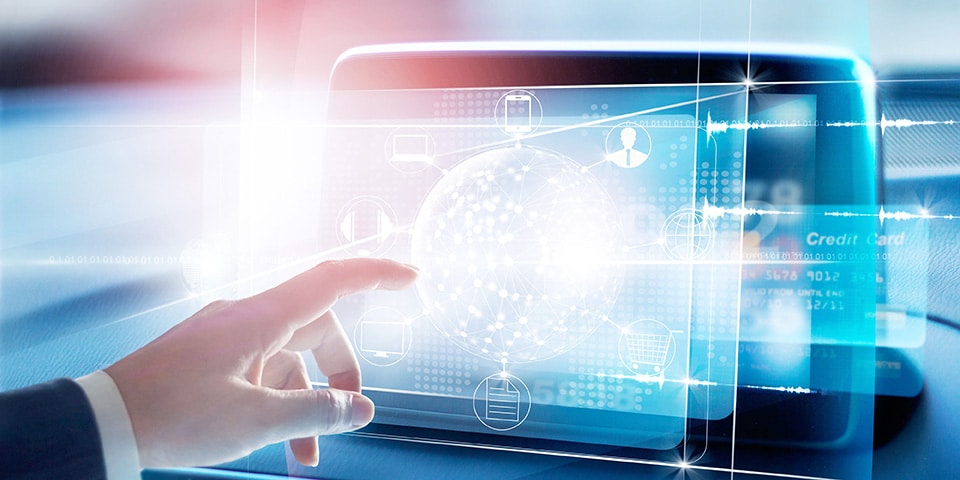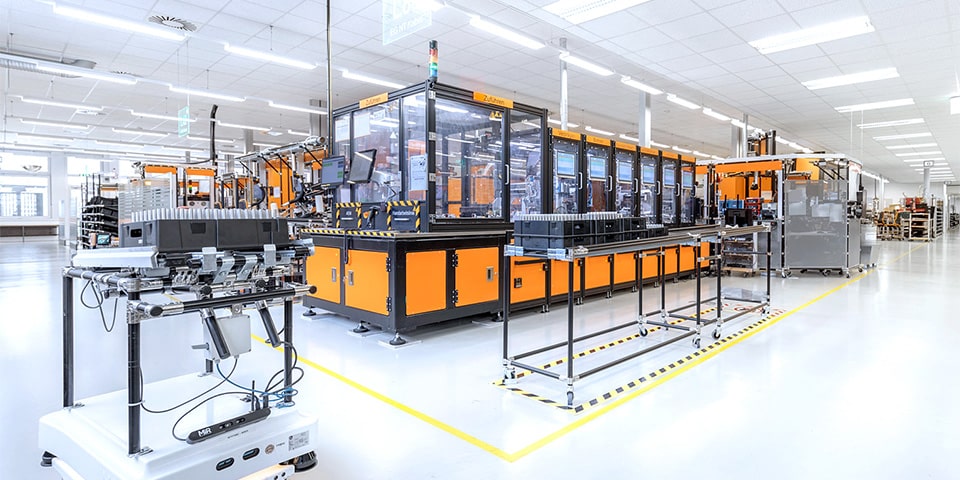
Software dictates the technology trends of 2025
Last year, Capgemini's Top 5 Tech Trends predicted the rise of smaller Gen AI language models and AI agents, both of which became reality. As expected, semiconductors took centre stage in 2024, driven by the massive use of AI and generative AI, as did shifts in market dynamics. “For 2025, we expect AI and Gen AI to have a major impact on companies” priorities and also on many adjacent technology domains, such as robotics, supply chains or tomorrow's energy mix," says Pascal Brier, Chief Innovation Officer at Capgemini and member of the Group Executive Committee.
1. Generative AI: from co-pilot to self-thinking AI agent
Generative AI is now at the beginning of a turnaround, with AI systems evolving from isolated tasks to specialised, interconnected agents. According to a Capgemini Research Institute survey of 1,500 top executives worldwide, 32% of them consider AI agents to be the most important technology trend in data and AI for 2025. Thanks to the increasing capabilities of logical reasoning in Gen AI models, these systems will operate more autonomously while delivering more reliable, evidence-based outputs. They will be able to manage tasks such as supply chains and predictive maintenance without constant human supervision. AI systems are capable of dynamic decision-making in more sensitive environments where accuracy is paramount. The next step will be the advent of a superagent, an orchestrator of multiple AI systems that optimises their interactions. By 2025, these developments will enable new AI ecosystems across industries, achieving new levels of efficiency and innovation.
Important because: with the further development of AI models, transformer models and other forms of generative AI architecture have reached a higher level of sophistication and accuracy. This makes multi-agent systems suitable for complex, dynamic decision-making in the real world, even in unpredictable situations. This will unlock greater potential in industries that depend on fast, flexible responses to unexpected challenges.

2. Cybersecurity: new protection, new threats
Cybersecurity is undergoing a strong transformation by AI, leading to both more sophisticated Gen AI-enhanced cyberattacks and more advanced AI-driven defences. In the upcoming Capgemini Research Institute report, 44% of senior executives consider the impact of Gen AI as the most important technology issue in cybersecurity for 2025. To mitigate these risks, there are, first, renewed investments and innovations in endpoint and network security. Second, there will be increased efforts to automate threat detection, especially using AI-driven threat intelligence. Third, there are efforts to prepare for the future by strengthening encryption algorithms. In particular, there is a growing interest in post-quantum cryptography to protect against the next expected disruption: quantum computing threats. This shift demonstrates the broader change in how companies approach security and build trust in their increasingly autonomous systems.
Important because: by 2025, generative AI-based cyber attacks will become increasingly sophisticated and widespread, increasing the risks to organisations. At the same time, as AI plays a greater role in decision-making and operational control, it will become crucial to ensure that people trust these systems. Cyber security must address both technical and psychological concerns, ensuring not only protection but also trust in the systems that people rely on every day.
3. AI-driven robotics: The boundaries between humans and machines are blurring
Advances in AI technology have accelerated the development of next-generation robots, further building on innovation in mechatronics and extending beyond traditional industrial applications. While robotics used to be characterised by hard-coded and task-specific machines, the development of Gen AI is also creating new products (such as humanoid robots and collaborative robots - or cobots) that can adapt to different scenarios and continuously learn from their environment. As robots become more autonomous and AI takes over complex decision-making functions, there may be a shift in the traditional authority structure of future work. The emergence of AI machines that mimic human behaviour is challenging our conceptions of leadership, responsibility and collaboration and ultimately forcing us to rethink the role of humans.
Important because: as Industry 4.0 evolves, AI-driven robots will drive efficiency, flexibility and innovation and become key components of intelligent, connected systems that redesign industrial processes. By 2025, developments in natural language processing and machine vision will further enhance their capabilities, allowing robots in manufacturing, logistics and agriculture to perform more complex tasks within today's workforce.





